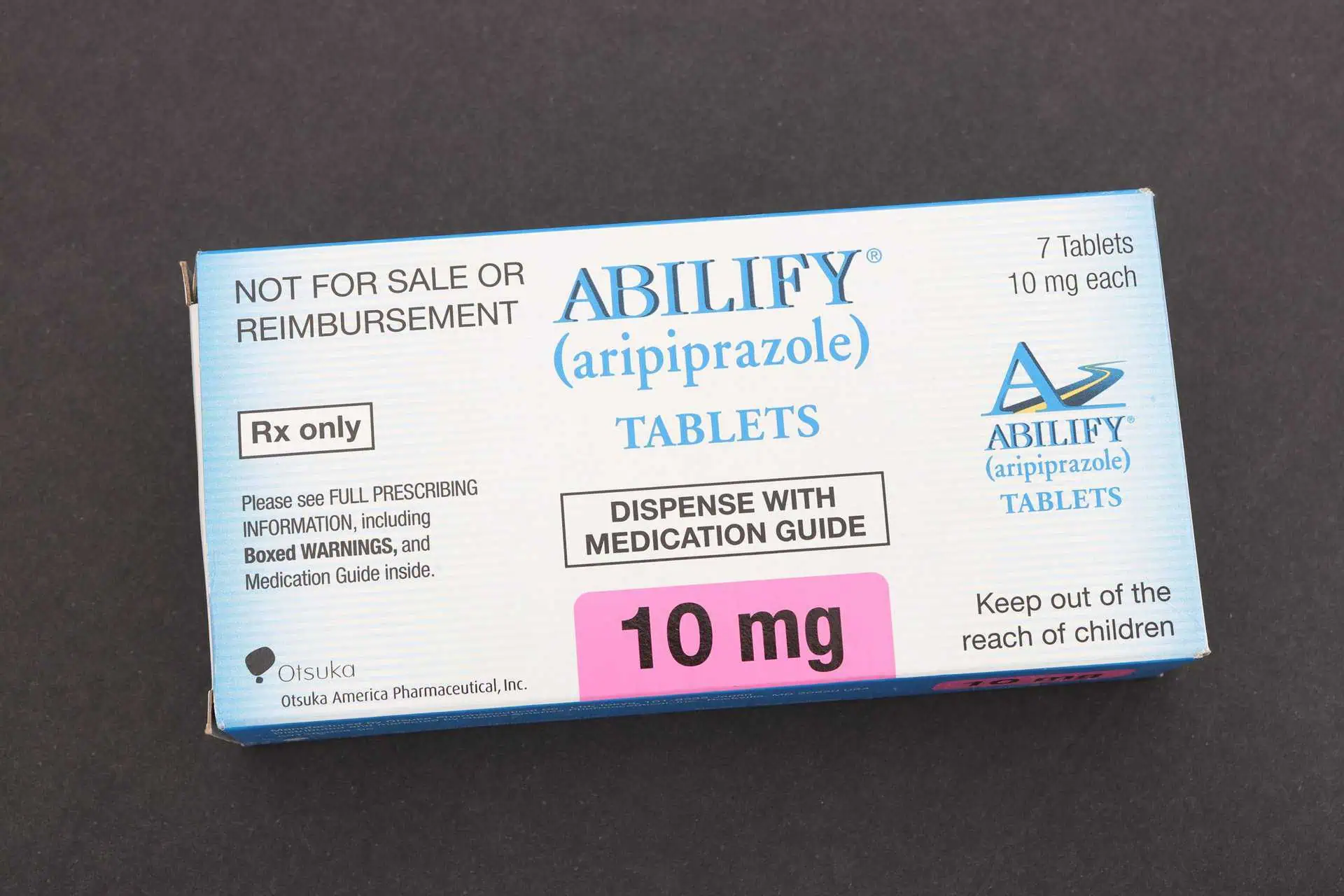48 states have some form of legalized gambling.
Estimations show that $119 billion per year will be lost in America from gambling – $7 billion lost from compulsive gambling.
750,000 Americans between the ages of 14-21 have a gambling problem.
If compulsive gambling is not the result of a drug like Abilify, then treatment will be necessary.
Some people with a compulsive gambling problem may find themselves in remission from time to time but it usually isn’t permanent.
Professional help is often necessary and on occasion, families need to stage an intervention.
The National Council on Problem Gambling operates the National Problem Gambling Helpline network.
They encouraged individuals suffering from gambling addiction and family members worried for their safety to call 1-800-522-4700.
The helpline is open 24 hours a day and they also offer an online chat forum.
The National Council on Problem Gambling uses several screening tools to determine the need for professional treatment.
Brief screens can help people evaluate whether or not to seek formal evaluation.
The three item questions requiring a yes/no answer are:
- First, during the past 12 months have you become restless, irritable or anxious when trying to stop/cut down on gambling?
- Secondly, in the past 12 months have you tried to keep your family or friends from knowing how much you gamble?
- Finally, during the past 12 months did you have such financial trouble as a result of your gambling that you had to get help with living expenses from family, friends or welfare?


